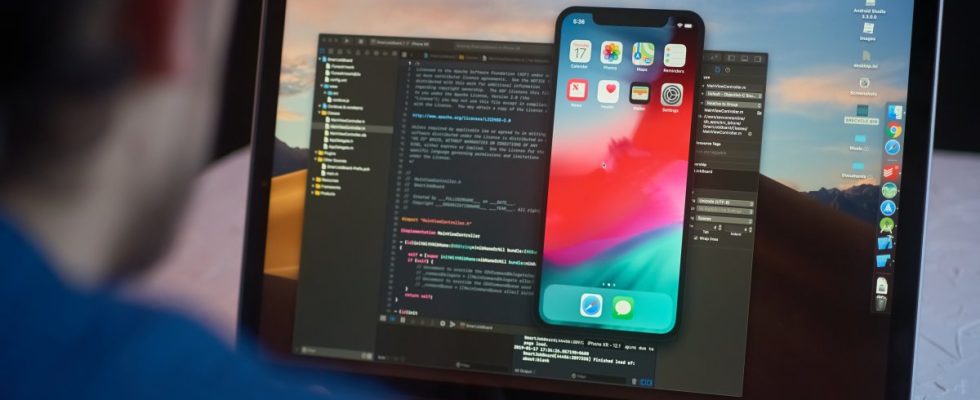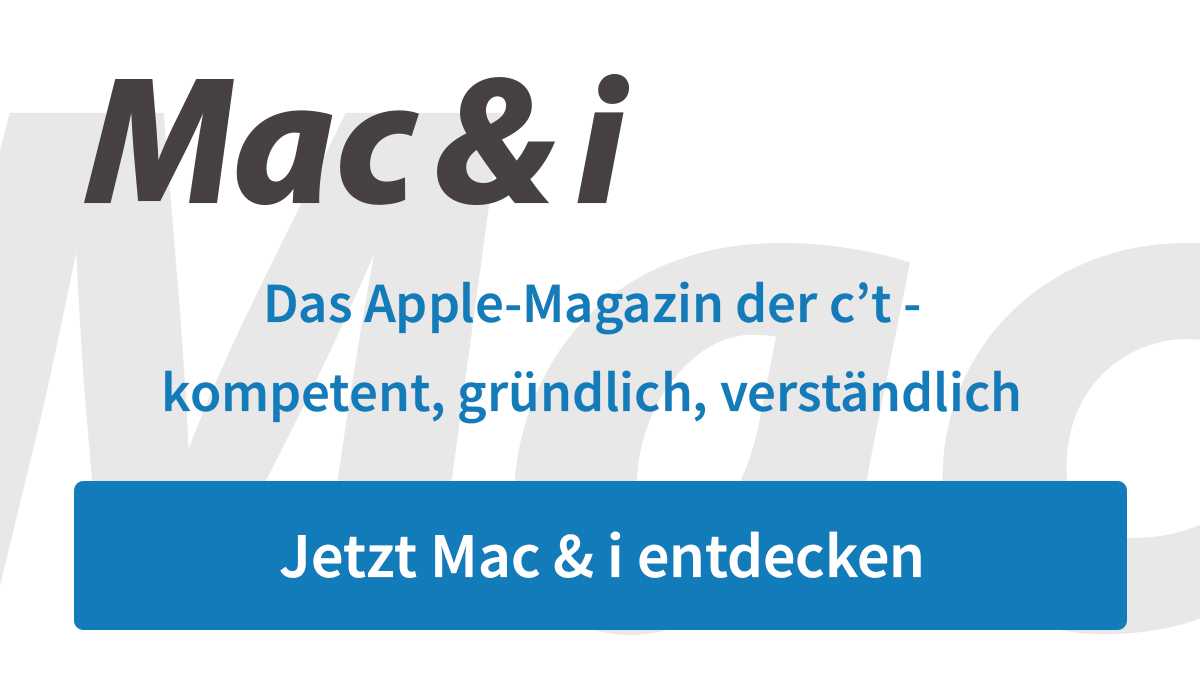When it comes to opening the app stores, Apple remains tight-lipped – at least for the moment: In the run-up to the WWDC developer conference, it was eagerly awaited whether the iPhone manufacturer would introduce changes in iOS 17 and iPadOS 17, the alternative app stores or something like that enable so-called sideloading. But Apple apparently does not want to practice hasty obedience with a view to new laws in Europe. In an interview, software boss Craig Federighi at least gave a rough idea of where Apple is headed.
The Digital Markets Act (DMA), which will come into force in March 2024, is intended to create platform justice and will wring concessions from Apple in several areas in which the US company has previously remained closed. For security reasons, Apple has so far rejected the possibility of iPhone owners downloading apps that have not gone through Apple’s App Store and thus been checked directly onto the device. There are also no app stores operated by other providers. But that has to change with the DMA.
Close cooperation with EU
“We are working with the European Union,” said software boss Craig Federighi when asked by podcaster John Gruber. In addition to a few jokes about Android, Federighi was not motivated to make any more far-reaching statements, such as the timetable and how exactly the situation for apps on Apple devices will change. Apple is guided by what’s best for customers, he says — again without clearly outlining what that might be.
In the run-up, it was expected that iOS 17 would lay the foundations for the EU requirements at an early stage. The speculation was that sideloading will actually only be possible in the area of the EU states. As a result, Apple was not likely to make a big deal out of this feature, especially not in the keynote. At least in the developer documentation or with the new programming tools, some hints or even the first functions were hoped to be found – in vain.
When sideloading needs to come
However, unless Apple somehow manages to stop the DMA, the company will have to integrate sideloading into the usual one-year term of iOS 17. The new operating systems are currently in the beta test phase. In the fall they will appear for everyone. Either Apple could secretly integrate the features until then. Or they follow in a sub-version, such as iOS 17.5. In this context, it would be conceivable for Apple to put together a new security concept that stores apps loaded in this way in a particularly hermetically sealed sandbox.
In addition to sideloading and alternative app stores, Apple has other changes to make as part of the DMA: In the future, browser engines other than Apple WebKit may also be approved – possibly also as an SDK for apps. Apple will probably also have to open up the NFC interface further than is currently permitted via the APIs. And with the iMessage messenger, too, it can be eagerly awaited to what extent specifications for interoperability will be reflected.
Another specification: USB-C
Regardless, Apple also needs to switch its iPhone from the Lightning connector to USB-C. The US company has also declared that it will bow to European law. The switch has already been made for many Apple products.

(mki)


